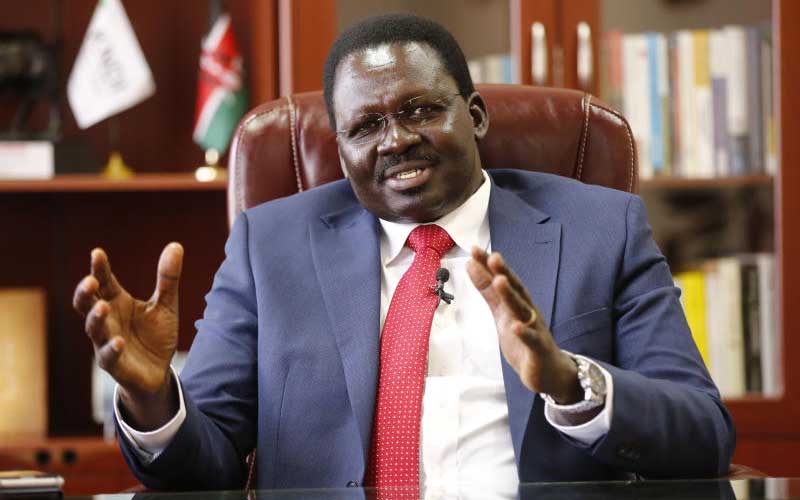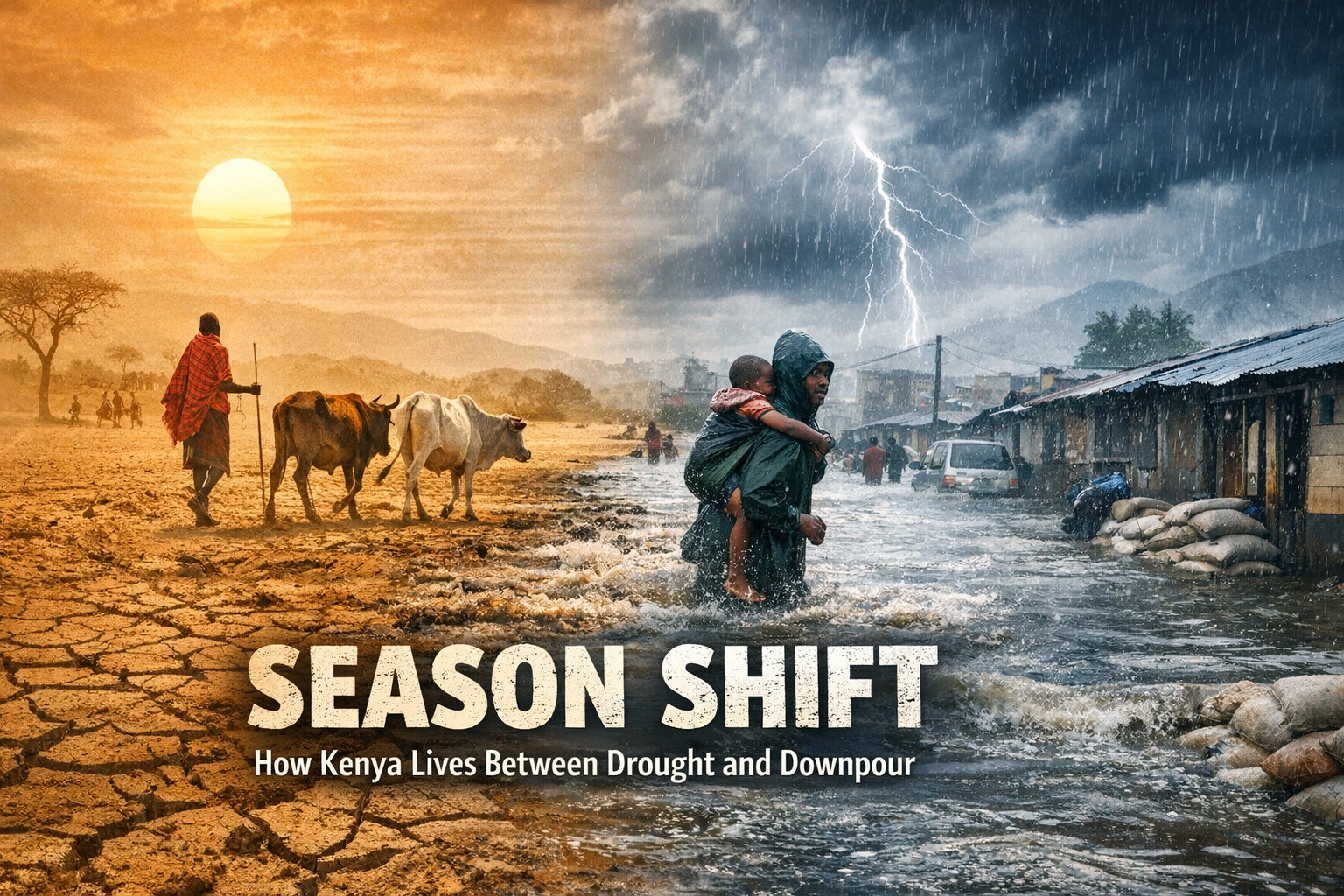- A vital example of this is the recent completion of two state-of-the-art boreholes at Kabarak University, equipped with innovative solar technology.
As the dangers posed by climate change continue escalating, higher education institutions in Kenya must proactively raise awareness and drive meaningful action.
Climate change has now been recognized as a matter of national security, demanding an urgent and comprehensive response from all sectors of society.
Universities and colleges are uniquely positioned to lead this charge, leveraging their education, research, and community engagement platforms. Incorporating climate change topics into their daily curriculum ensures that the next generation of leaders and problem-solvers have the knowledge and skills to tackle this global challenge.
During the Nation Leadership Forum on NTV on April 25, 2024, Kabarak University Vice Chancellor Prof. Henry Kiplangat noted the role that higher institutions can play in mitigating climate change.
“We need to teach our students to be responsive to what is happening in the world. The goal of university education is to equip students to address worldwide issues effectively,” he said.
Read More
Moreover, the management and administration of these institutions can set a powerful example by implementing sustainable practices and technologies within their operations. A vital example of this is the recent completion of two state-of-the-art boreholes at Kabarak University, equipped with innovative solar technology.
These boreholes, which now fill newly built tanks with a combined capacity of 30,000 cubic meters, have significantly addressed the university's water supply needs and demonstrated a commitment to environmental stewardship.
This vision of leveraging university resources to devise practical, homegrown solutions is precisely the type of leadership Kenya's climate change mitigation efforts require. By preparing students to tackle real-world problems and empowering them to develop innovative, sustainable solutions, these institutions can catalyze a transformative shift in the country's approach to environmental challenges.
As Prof. Kiplangat rightly asserted during the leadership forum, "We have brains that can provide homegrown solutions that can eradicate the problems in our country."
It is time for Kenya's universities to step up and assume their rightful role as bastions of climate change action, inspiring their communities and setting an example for the nation to follow.







